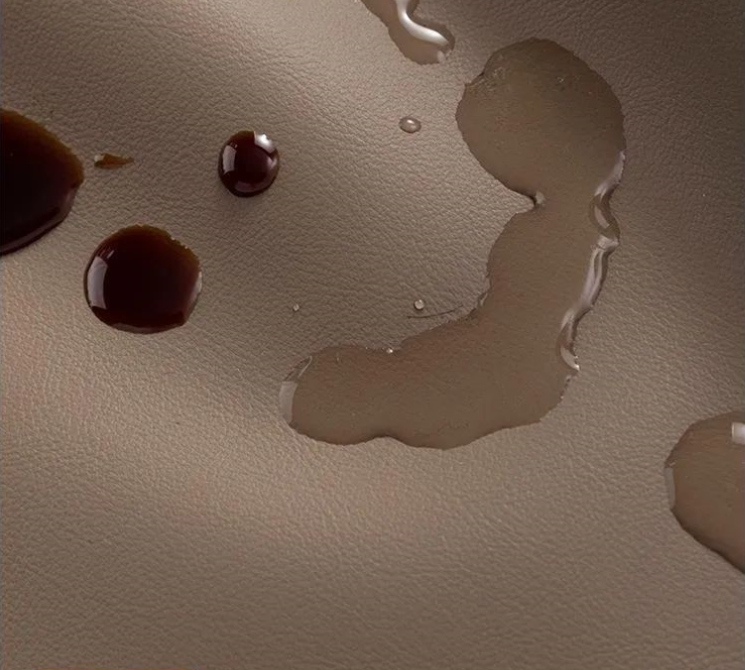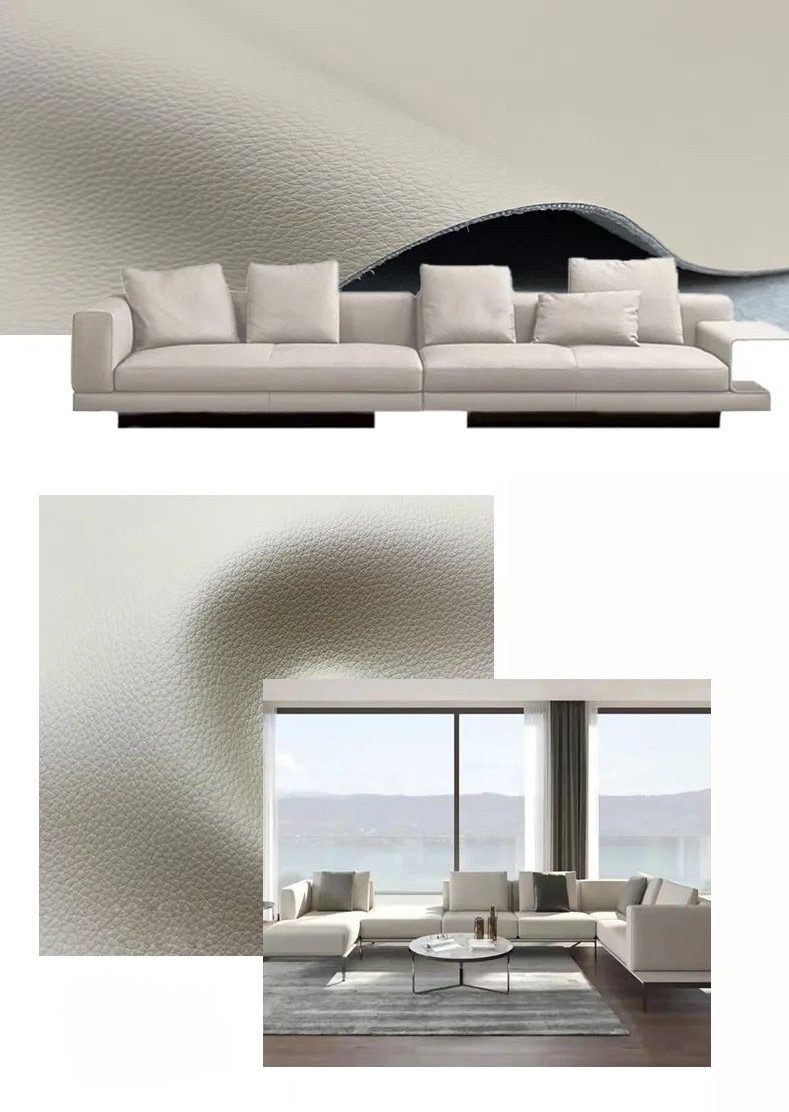Anti-microbial medical grade vinyl refers to a type of vinyl that has been treated to resist microbial growth, including bacteria, fungi, viruses, and other microorganisms. This material is commonly used in healthcare settings due to its ability to help reduce the spread of infections.
Here’s a breakdown of what typically characterizes “medical grade” and “anti-microbial” in the context of vinyl:
- Medical Grade: This designation implies that the vinyl complies with specific standards for safety and performance in medical environments. It must be durable, easy to clean, and resistant to tearing and punctures. Medical grade vinyl is often used for hospital beds, upholstery in medical offices, and other healthcare-related applications where sanitation and durability are critical.
- Anti-microbial: This feature means that the vinyl has been treated with an antimicrobial agent that inhibits the growth of bacteria and other pathogens on its surface. This treatment helps prevent the surface from becoming a breeding ground for microbes, which is essential in a healthcare environment to help reduce the risk of hospital-acquired infections (HAIs).
Standards and Certifications
Medical grade vinyl may need to meet various standards, depending on its use and the specific requirements of a healthcare facility. These might include:
- ISO 10993 (Biocompatibility evaluation of medical devices): Ensures that materials are safe for use in environments where they are in contact with patients.
- ASTM standards (Various, depending on the application): For instance, ASTM D5250 for vinyl examination gloves.
- EPA and FDA regulations: Especially concerning the antimicrobial agents used in the vinyl, ensuring they are safe and effective.
Can ordinary synthetic leather be antimicrobial and used in hospital-grade applications?
The answer is No, when selecting medical-grade synthetic leather, manufacturers must meet a series of stringent tests to ensure the material is suitable for medical environments. These tests focus primarily on the material’s durability, safety, and antimicrobial properties.
Below are some key testing requirements:
- Antimicrobial Tests: To ensure that synthetic leather surfaces can resist the growth of bacteria and mold. Common standards include ISO 22196 and ASTM E2180, which assess the material’s ability to prevent microbial growth.
- Chemical Disinfectant Resistance Tests: Medical-grade synthetic leather needs to withstand common medical disinfectants and cleaners, including chlorine-based disinfectants and alcohol. These tests ensure that the material does not degrade quickly in environments that are frequently cleaned and disinfected.
- Wear and Tear Resistance Tests: Medical-grade synthetic leather must be highly resistant to wear and tear to cope with frequent use in settings like hospitals. ASTM D3884 and ASTM D751 are commonly used to evaluate these properties.
- Biocompatibility Tests: ISO 10993 is an important series of biocompatibility tests that evaluate whether materials are suitable for contact with the human body. This includes assessments for allergic reactions, cytotoxicity, skin irritation, and more.
- Flame Resistance Tests: In some medical settings, flame resistance is also a critical factor. For example, ASTM E84 is used to assess the surface burning characteristics of materials.
- Physical and Mechanical Properties Tests: These include tensile strength, elongation at break, and tear strength, evaluated through various ASTM and ISO standards.
- Color Fastness and UV Resistance Tests: Medical-grade synthetic leather should have good color fastness to prevent fading during cleaning. Additionally, for applications exposed to windows or used outdoors, good UV resistance is necessary.
To ensure that synthetic leather products meet the requirements for medical environments, manufacturers should provide comprehensive test reports and certification documents. These documents not only prove the quality and safety of the product but are also crucial for medical facilities when choosing these materials. Medical facilities should request to see these documents to verify the product’s compliance and suitability.
For more information about medical grade vinyl synthetic leather for healthcare, please contact us below to consult more details for your projects.









